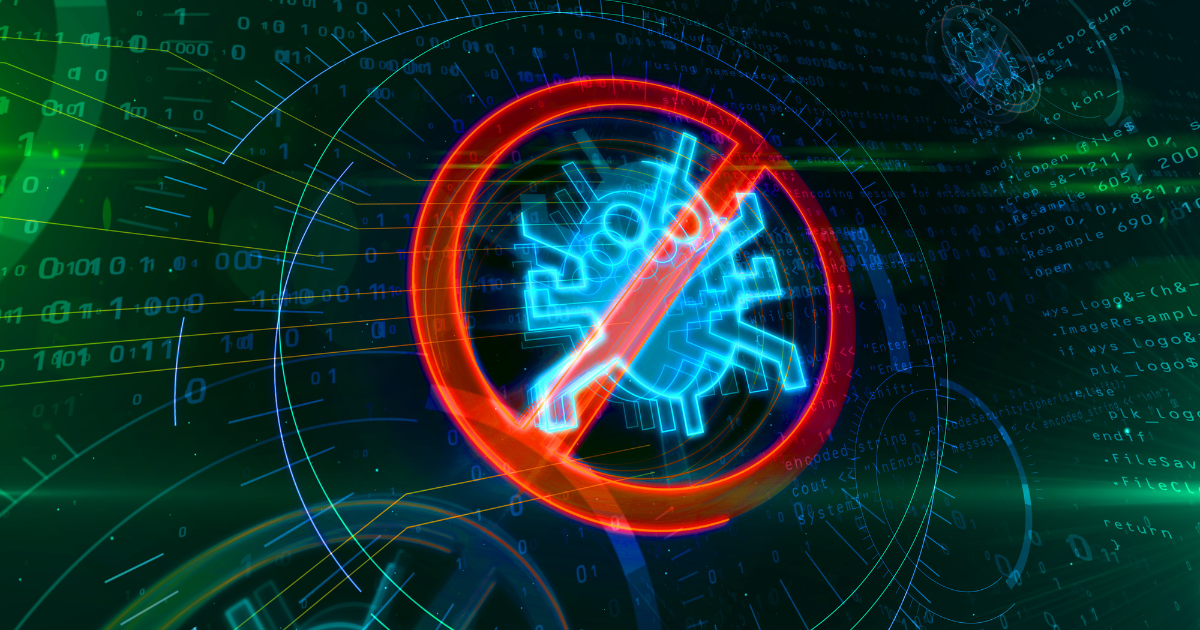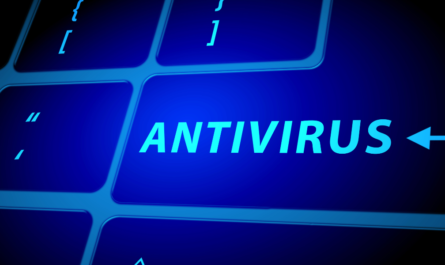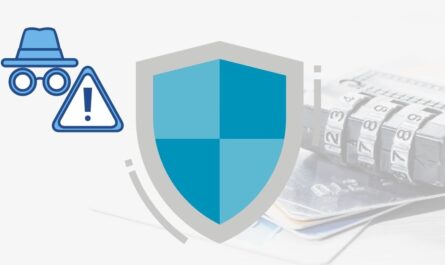In our interconnected world, where digital devices have become an integral part of our lives, the importance of cybersecurity cannot be overstated. From smartphones and laptops to smart home appliances, we entrust our personal and sensitive data to these devices. With the ever-evolving landscape of cyber threats, antivirus software emerges as the stalwart guardian of our digital realm. In this comprehensive exploration, we will dive deep into the world of best antivirus protection, unraveling its significance, evolution, and how to choose the right one to safeguard your digital world.
The Digital Age: Vulnerabilities and Threats
As technology advances, so do the methods of those seeking to exploit it. Malicious actors, ranging from hackers to cybercriminals and even state-sponsored entities, are continually devising new ways to infiltrate our digital lives. These threats come in various forms, including viruses, malware, ransomware, spyware, and phishing attacks. Their objectives are as diverse as their methods, from stealing personal data and financial information to disrupting critical infrastructure.
In this digital age, protecting our devices and data is not just an option; it’s a necessity. This is where antivirus protection steps in as the first line of defense.
The Role of Antivirus Software:
Best antivirus protection software, often simply referred to as “antivirus,” is a type of cybersecurity software designed to detect, prevent, and remove malicious software from your devices. Its primary function is to scan your device and its files for known malware signatures, suspicious patterns of behavior, and other indicators of a potential threat.
Here are some key roles antivirus software plays in safeguarding your digital realm:
Virus Detection: Antivirus software continuously scans your device and incoming files for known viruses and malware. It compares the data it encounters to a vast database of virus signatures to identify threats.
Real-Time Protection: Many antivirus programs offer real-time protection, monitoring your device’s activities for suspicious behavior. If it detects any anomalies, it can block or quarantine the potentially harmful files or processes.
Firewall Management: Some antivirus solutions include firewall features that help manage incoming and outgoing network traffic, adding an extra layer of protection against unauthorized access.
Email and Web Protection: Antivirus software often includes email scanning and web protection features to prevent phishing attacks and unsafe websites from compromising your device.
Regular Updates: Antivirus providers constantly update their databases to stay ahead of new threats. Regular updates ensure that your antivirus software is equipped to detect the latest malware strains.
Performance Optimization: Many antivirus programs offer system optimization tools that help improve device performance by cleaning up unnecessary files and processes.
The Evolution of Antivirus Protection:
The concept of antivirus software traces its roots back to the early days of computing when viruses were relatively simple and rare. In the 1980s and 1990s, standalone antivirus programs emerged to combat the growing threat of computer viruses. These early solutions relied on signature-based detection, identifying known viruses by their unique code patterns.
As the digital landscape evolved, so did the sophistication of malware. Cybercriminals began using polymorphic and metamorphic techniques to create viruses that could change their code to avoid detection. In response, antivirus software had to adapt.
Modern antivirus software employs a combination of signature-based detection, heuristic analysis, and behavioral monitoring to identify and mitigate threats. Heuristic analysis looks for suspicious behavior and patterns, while behavioral monitoring tracks the actions of programs to spot any malicious activities. Machine learning and artificial intelligence have also been integrated into antivirus solutions to improve threat detection accuracy.
Choosing the Right Antivirus:
Selecting the right antivirus software for your needs can be a daunting task, given the abundance of options in the market. Here are some essential factors to take into account so you can choose wisely:
Compatibility: Ensure the antivirus software is compatible with your operating system and device type (e.g., PC, Mac, Android, iOS).
Features: Evaluate the features offered, such as real-time scanning, firewall protection, and additional tools like VPNs or password managers.
Effectiveness: Look for independent antivirus testing results and reviews to gauge the software’s effectiveness in detecting and mitigating threats.
Resource Usage: Consider how resource-intensive the antivirus program is, as heavy resource usage can slow down your device.
User Interface: A user-friendly interface makes it easier to navigate and configure the antivirus software to your preferences.
Customer Support: Check for the availability and responsiveness of customer support in case you encounter issues or have questions.
Updates and Support: Ensure that the antivirus software receives regular updates to stay effective against new threats, and check the duration of support and updates provided.
Cost: Compare pricing options, including free and premium versions, to find a solution that fits your budget.
Some popular antivirus software options include Norton, McAfee, Bitdefender, Kaspersky, Avast, and AVG, among others. Many of these providers offer both free and paid versions with varying levels of protection.
Staying Safe in the Digital Age:
While antivirus software plays a crucial role in protecting your digital realm, it should be part of a broader cybersecurity strategy. Additional actions you can do to improve your online safety are listed below:
Regular Updates: Keep your operating system, software, and applications up to date to patch security vulnerabilities.
Strong Passwords: Make sure that each online account has a strong, individual password, and think about using a password manager.
When it’s feasible, enable two-factor authentication (2FA) to further secure your online accounts.
Safe Browsing Habits: Be cautious when clicking on links or downloading files from unknown sources, and be vigilant against phishing attempts.
Data Backups: Regularly back up your important data to an external source or cloud storage to protect against data loss from ransomware or hardware failure.
Network Security: Secure your home network with a strong Wi-Fi password and consider using a virtual private network (VPN) for added privacy.
Educate Yourself: Keep up with the most recent cybersecurity risks and safest practises while using the internet.
Conclusion:
In an era where our digital lives are intricately woven into our daily routines, the importance of antivirus protection cannot be overstated. These guardians of our digital realm continuously evolve to meet the ever-growing challenges posed by cyber threats. Choosing the right antivirus software, combined with good cybersecurity practices, can help safeguard your personal data, financial information, and online identity in an increasingly interconnected world. Stay vigilant, stay protected, and navigate the digital landscape with confidence. Your digital realm is worth defending.




